World leaders on Saturday in their deliberations at the General Debate of the UN General Assembly, called for efforts to uphold multilateralism to tackle global challenges.
In a pre-recorded speech, Malaysian Prime Minister Ismail Sabri Yaakob stressed the importance of peaceful coexistence and multilateralism.
"Multilateralism and peaceful coexistence are mutually reinforcing. We need to realize that as we progress further, we should be far more integrated and stronger as a family of nations," said the prime minister, adding that respect and mutual understanding must be the backbone and essence in the interactions and discourse.
"The (COVID-19) pandemic has shown that we need to improve our resolve to strengthen international cooperation and multilateralism, and consider ourselves as a family of nations," he said. "At the same time, the world family must be made a more peaceful, prosperous, sustainable and equitable one. We must close ranks and enhance our unity and cohesion. We must live in peaceful coexistence. Only then will we have a chance to succeed."
Singapore Foreign Minister Vivian Balakrishnan, who delivered a speech in person, said the most important lesson from the COVID-19 pandemic is that multilateral cooperation is essential to overcome global challenges.
"Only coordinated international action can lead us to a sustainable, inclusive, and resilient recovery. This is why the role of the United Nations is so crucial, especially for small and developing countries," he said.
Balakrishnan said the world also needs a sustained and ambitious global response to address climate change.
"The fight against climate change will be a stark litmus test of our ability to manage the global commons through multilateral action. No country acting alone can move the needle," he said.
Russian Foreign Minister Sergei Lavrov, who also delivered his speech in person, warned against attempts to undermine the central role of the United Nations in world politics.
"Essentially, we have no other option, as the broad cooperation (mechanism) of the United Nations is particularly relevant now, when the number of problems on the international agenda is increasing, the range of cross-border threats is expanding, numerous regional hot spots of tension have a substantial potential to destabilize," said Lavrov.
For Russia, it is obvious that one can only effectively counter threats and challenges through concerted efforts in strict compliance with the universally recognized norms of international law -- first and foremost, the purposes and principles of the UN Charter, he said.
"This global organization should play a central coordinating role in world politics, fully unleashing its potential of universal multiculturalism and legitimacy," said Lavrov.
Cambodian Prime Minister Samdech Techo Hun Sen also warned against foreign interference.
"History has told us time and again that interference, and worse, military options, to impose different systems of governance are not the solutions. Far from it, they have only led to many more deaths, human suffering and misery, social and economic strife," he said in a pre-recorded speech.
If the recent events in Afghanistan and many more before it are lessons to be learned, there is great merit to respect the wishes of each nation and their people's rights to self-determination, he said. That is why there is now a compelling reason to strengthen multilateralism and rules-based international cooperation.
Climate change is another impending challenge that requires urgent and concrete global actions at all levels, he added.
Lao Prime Minister Phankham Viphavanh said the key lesson from COVID-19 is to uphold genuine cooperation in the local and international community.
"Lessons from the pandemic have taught us that where there is unity, mutual cooperation and support, there the success of containing COVID-19 prevails," he said. "I have firm confidence that the upholding of multilateralism, conflict resolution through peaceful means and development cooperation under the UN Charter, remain true and relevant mechanism for us to address and battle against the global crises we are facing."
Thai Prime Minister Prayut Chan-o-cha said the crises and challenges that the world faces today also provide an opportunity to learn from past lessons, to reorient our approach and to better prepare for the future.
"With this in mind, I would like to encourage everyone to turn crisis into opportunity. This demands a reaffirmation of faith in multilateralism since no national capabilities, however large, can on their own be adequate to effect meaningful change or transition."
He expressed his confidence that multilateral cooperation in response to the COVID-19 pandemic will lead to great advances in the field of medical science. Equally, the strength of the international community in tackling global warming will serve as a catalyst for breakthroughs in advanced technology and innovation, he said.
"Resilient adaptation and swift response to challenges will be an asset for us to address the problems of today, to be better prepared for challenges of tomorrow, to achieve the Sustainable Development Goals, and ultimately to build back a better world," said the prime minister.











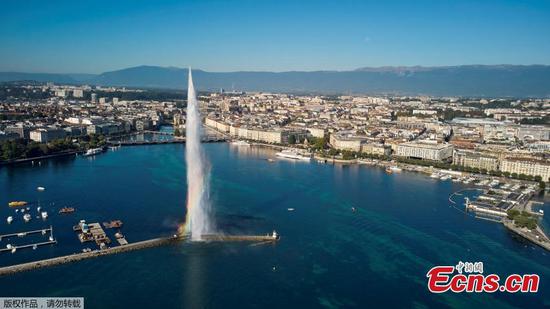

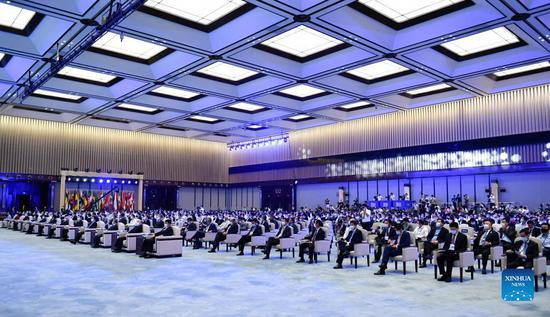


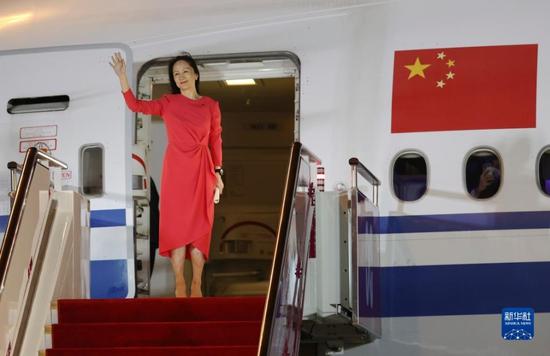

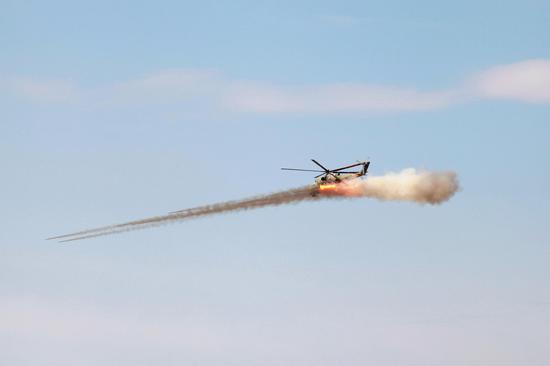
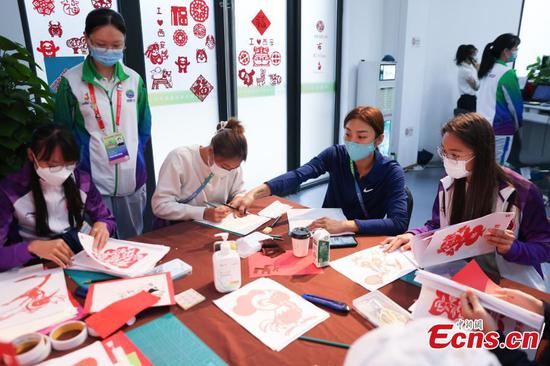






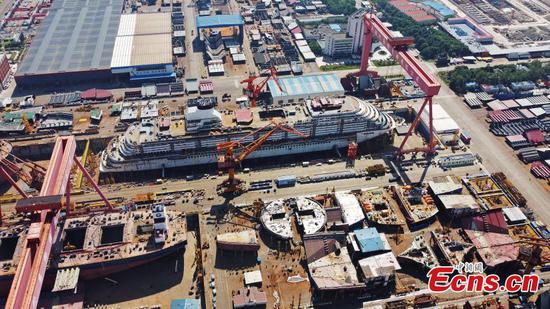
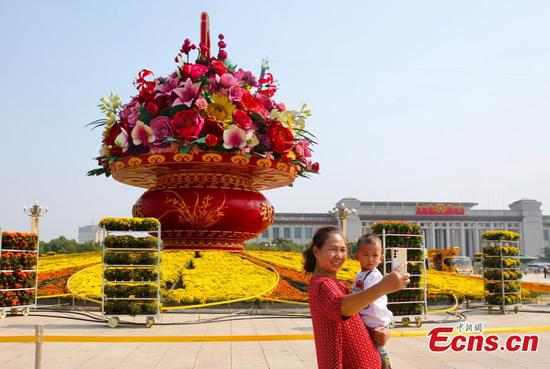

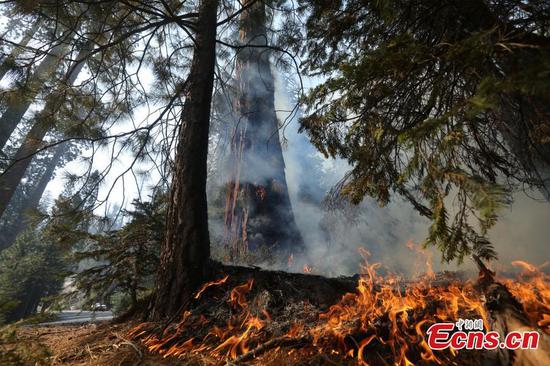
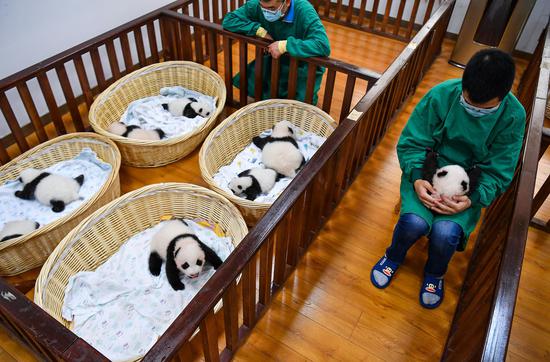


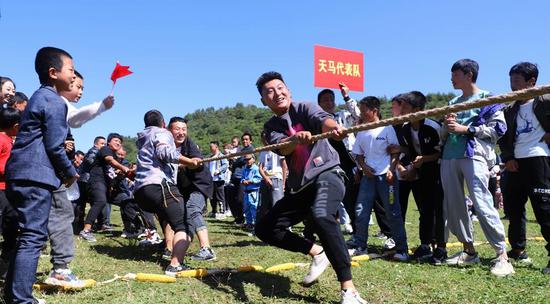
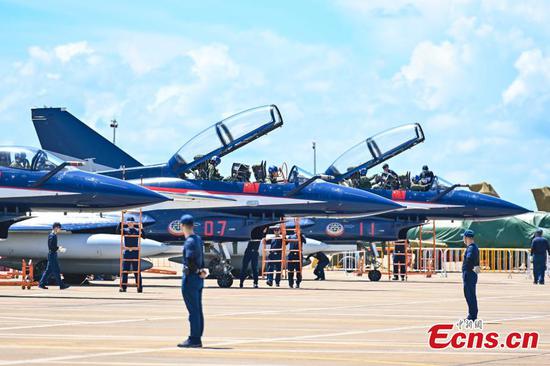















 京公网安备 11010202009201号
京公网安备 11010202009201号